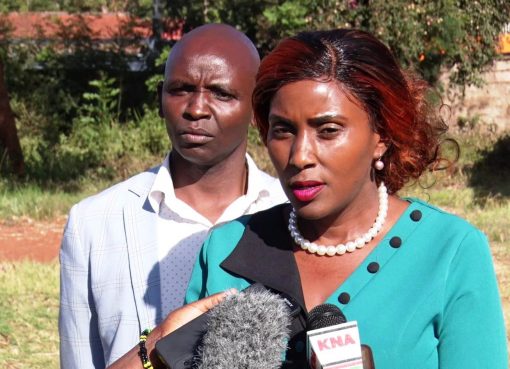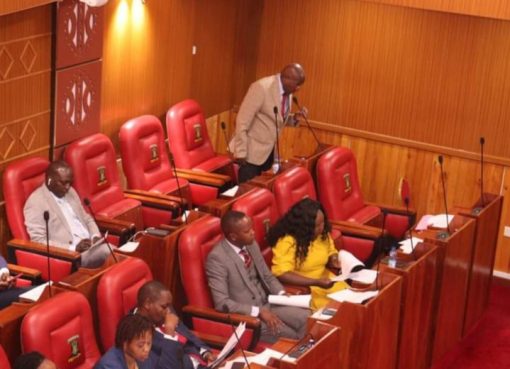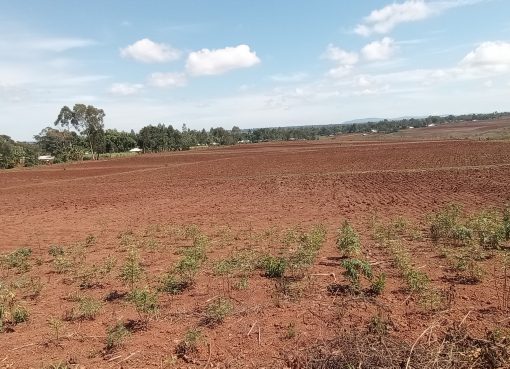An animal rights’ activist has raised alarm over the increase in the number of donkeys being slaughtered illegally in bushes in various parts of the country.
Speaking to the press in his office in Naivasha Thursday, the Brooke East Africa Regional Director Mr. Raphael Kinoti said various cases of donkey slaughtering have been reported in various places such as Kitengela and Athi River in Machakos County, with the latest case being reported in Mbaruk in Gilgil area in Nakuru County.
“The donkeys are slaughtered in bushes and the meat harvested which means Kenyans could be unknowingly consuming donkey meat when visiting their favourite eatery or get their fresh cut from a butchery to carry home,” Kinoti said.
He hailed the Ministry of Agriculture for closing the four donkey abattoirs that had been licensed in the country, saying the donkey population in the country is now on its way to recovery after this closure.
The government had ordered donkey slaughterhouses closed in 2020, as concerns rose over the theft of the animals by gangs seeking their skin and other products.
The operators filed a case in court opposing this ban but the ban has not been lifted yet. Two of the abattoirs were in Naivasha and in Mogotio in Baringo County.
Kinoti said during the period the slaughterhouses were operating, the country lost over 300,000 donkeys which presented a very big loss as the country boasts of having slightly over 1.8 million donkeys of which around three-quarters are working animals used in transport and farming thereby playing a key role in Kenya’s agricultural economy.
The director of this animal welfare organization said animals were important in the economic lives of many Kenyans, especially in arid and semi-arid areas where they were used for transporting water and other items due to their resilient nature.
He appealed to donkey farmers to continue taking good care of their animals so that they could reproduce to increase their numbers.
“An overworked donkey with poor nutritional status cannot reproduce,” Kinoti saying urging farmers to always give their donkeys time to rest and feed and provide medical care when they are unwell.
Kenya had become the epicenter of a fast-growing industry in Africa to supply donkey skins to China, where a gelatin called ejiao made from boiling them is used in a traditional medicine believed to stop ageing and boost libido. This saw the prices of donkeys rise from Sh 6,000 to Sh 10,000.
“Donkey skin is said to be good for building up the body and blood deficiency conditions such as anemia, heavy menses as well as irritating dry coughs in China. This has endangered donkeys in Kenya,” Kinoti said.
The trade in donkey meat and hide was legalized in Kenya in 2012. Although Veterinary experts say donkey meat is safe for human consumption, its consumption is yet to gain ground in Kenya.
A report from Kenya Agricultural and Livestock Research Organization (KALRO) showed that more than 4,000 donkeys were reported stolen over the period April 2016 to December 2018.
Kenya had in 2016 licensed four donkey abattoirs which is far more than any other country on the African continent.
By Mabel Keya –Shikuku





